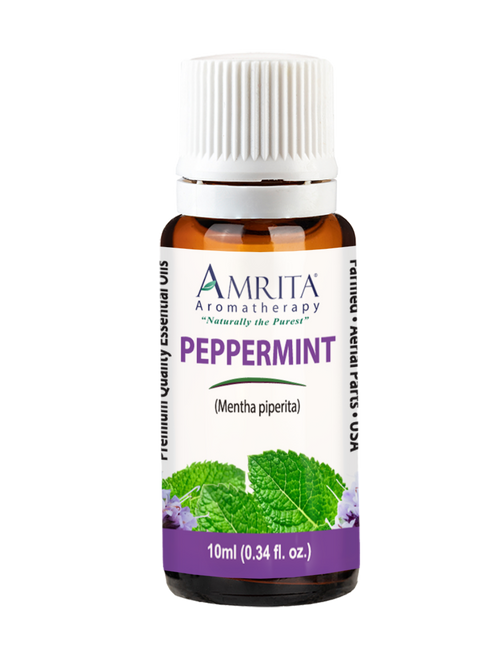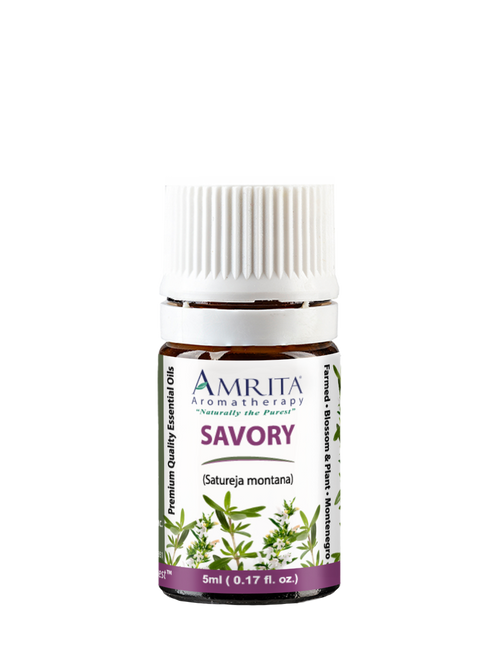- Other Names
- New Zealand Tea Tree
- Farming Method
- Wildcrafted
- Plant Part
- Leaf
- Country of Origin
- New Zealand
- Application Method
- Bath, Diffusion, Inhalation, Massage, and Topical
- Scientific Name
- Leptospermum scoparium
- Extraction Method
- Steam Distilled
Manuka Essential Oil is often described as the “better Tea Tree Oil” due to its less medicinal scent and ability to fight a much wider range of infectious agents.* While this product of New Zealand is comparable to Tea Tree Oil from Australia, a close genetic relative, it exhibits less irritation for the skin and provides more moisturization.* Many users note that its aroma is more palatable than that of Tea Tree while it also provides a soothing and grounding effect for the spirit.*
Another Australian relative of Manuka is Lavender Tea Tree, which yields an Essential Oil often referred to as Rosalina. This can lead to confusion, however, because most products labeled “Lavender Tea Tree Oil” are actually a blend of Tea Tree Oil and Lavender Oil, while Rosalina Oil is solely sourced from the Lavender Tea Tree plant and bears many similarities to Eucalyptus Oil.
Manuka Essential Oil has since been shown to promote the rapid healing of skin wounds, cuts, and abrasions.* While deterring insects and parasites, it has also been shown to promote the healing of their bites.* It possesses the ability to deter excess UV rays from the sun while promoting collagen growth, which helps tackle premature aging.* Other benefits of the compound include the promotion of respiratory health by relieving and deterring seasonal illnesses, as well as anti-inflammatory and analgesic properties which can help relieve muscular aches and pains.*
About the Plant:
Manuka is a hearty, shrub-like tree which is often among the first plants to regenerate after land has been cleared in its native territory of New Zealand. While this unique evergreen from the Myrtaceae family of plants typically reaches heights between 7 ft. and 16 ft. tall, it has been known to grow as tall as 49 ft.!
When bees collect nectar and pollen from its delicate white or pink flowers, Manuka honey is produced. Amrita’s Manuka Essential Oil, however, is steam-distilled from the leaves of the plant and is much more potent than the honey product associated with it.
Where It Grows:
The Manuka tree grows predominantly in coastal areas of New Zealand, and to a lesser extent, Australia. While there are other related species which grow elsewhere throughout the world, it is the New Zealand variety that produces the desired qualities present within Manuka Essential Oil.
Traditional Uses and Lore:
Some of the earliest uses of Manuka originated with New Zealand’s indigenous population, the Māori. They utilized the hard redwood for a variety of applications such as paddles, tools, weapons, and house building. The bark was used for making containers and waterproofing roofs.
The Māori not only found Manuka to be handy for making material goods, but also recognized it as having therapeutic benefits. The bark was infused and used internally and externally as a sedative and for the treatment of scalds and burns.* Ash from the bark was applied topically to the skin to treat a variety of afflictions, while the vapor from boiled leaves was used to treat respiratory ailments.* They also made a mouthwash from the liquid produced by boiling the inner bark.
When European settlers introduced honeybees to New Zealand, it was quickly noted that the honey harvested from the nectar and pollen of the Manuka plant exhibited some extraordinary properties, such as the ability to fight bacterial and parasitic infections.* Since the advent of steam distillation, more recent generations of New Zealanders and others have established the use of Manuka Essential Oil for its beneficial properties.*
Other Facts:
-
-
- Scent: Sweet, Herbaceous, and Spicy Aroma
- Fragrance Note: Middle Note
- Composition: Leptospermone, Calamenene, δ-Cadinene, Flavesone, α-Copaene, and α-Selinene
- Family: Myrtaceae Family
-
*These statements have not been evaluated by the Food and Drug Administration. These products are not intended to diagnose, treat, cure, or prevent any disease.
- Promotes Healing of Skin Wounds and Abrasions
- Deters Bacterial and Viral Infections
- Eases Muscle Pain
- Click here to read Amrita's blog: All About Manuka Essential Oil
- Check out the tabs below to learn more about Manuka
Tropical Application (for use on the skin):
|
||
|
|
||
|
|
Diffusion / Inhalation Application (add a few drops to a nebulizer or nasal inhaler):
|
|
Blends Well With:
-------------------------------------------------------------------------------------------------------------------------------------------------------------------
Safety Precautions:
-
- Manuka Essential Oil is non-toxic, non-irritating, and non-sensitizing when properly diluted.
General Safety Precautions:
-
- Use Essential Oils only in diluted form on the skin and never internally.
- Always be careful when using Essential Oils with children.
- Give them only low doses, or better, consult a qualified aromatherapy expert before using.
- Also, use Essential Oils with care and only under the proper guidance of an expert while pregnant or if you have liver damage, epilepsy, cancer, or other serious health problems.
*These statements have not been evaluated by the Food and Drug Administration. These products are not intended to diagnose, treat, cure, or prevent any disease.
The earthy, fresh, and pleasant aroma of Manuka Essential Oil is known to have a grounding effect mentally, emotionally, and spiritually when diffused and inhaled.* Though it shares many beneficial properties with Tea Tree Oil, many prefer Manuka due to its scent registering as “less medicinal”. With antimicrobial and antiviral qualities much larger than Tea Tree oil, it promotes respiratory health and helps deter a variety of illnesses.* Though Essential Oils are not recommended to be consumed internally, Manuka honey made by bees harvesting the nectar and pollen of the plant has been known to help treat ulcers and other gastric conditions.
Manuka is also known as an effective antibacterial and anti-fungal agent, fighting a wider range of bacterial infections than Australian Tea Tree Oil.* When applied topically it can help soothe and promote faster healing of cuts, abrasions, sores, etc. while irritating skin less than regular Tea Tree.*
Manuka also can deter pesky insects and parasites while protecting skin from excessive UV damage, which could prematurely age the skin.* As an ingredient in massage oil, Manuka Essential Oil can be used to alleviate muscle pains due to its analgesic and anti-inflammatory properties.* If you love the benefits of Tea Tree Oil but find yourself averse to its scent or overly sensitized by its potency, perhaps Manuka is the solution to your woes!
The following is a list of conditions which Manuka Essential Oil addresses by category:
|
|
|
|
*These statements have not been evaluated by the Food and Drug Administration. These products are not intended to diagnose, treat, cure, or prevent any disease.
Bottles are filled by volume. Some bottle sizes may not be filled to the top, but do contain the volume of oil specified.
|
Click the links below to view GC Analysis: |
Click the links below to view CoA Analysis:
|
|
Click the link below to view Safety Data Sheet (SDS):
|












